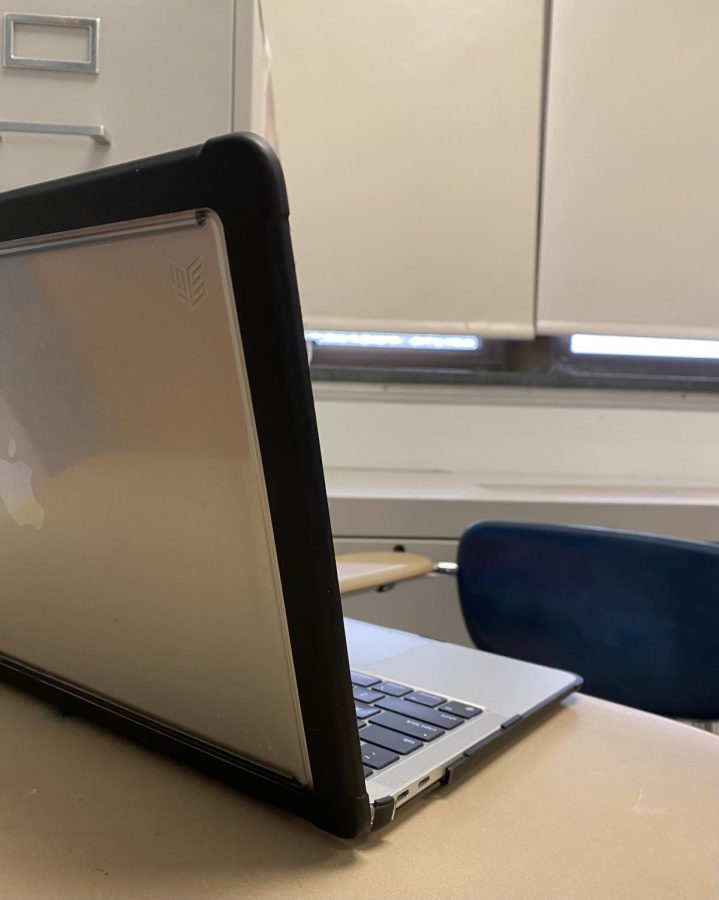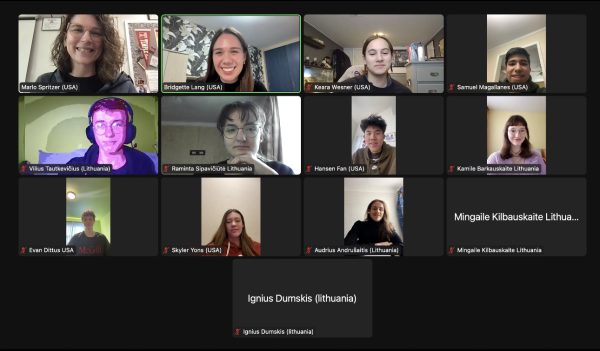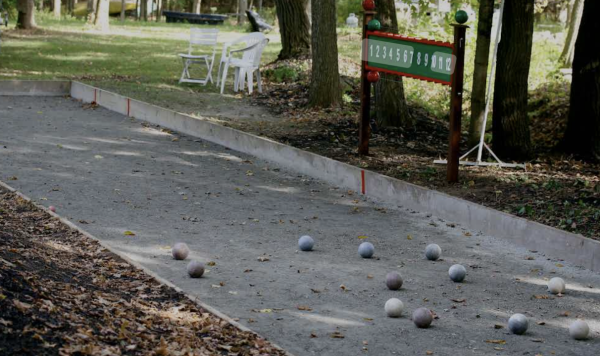Should Southern Lehigh switch from MacBooks to Chromebooks?
Southern Lehigh administration considers what devices students should receive under the 1:1 laptop initiative.
Southern Lehigh High School school students first received MacBooks in 2012, under the one-to-one laptop initiative providing each student a device to complete online assignments. Now, Southern Lehigh administrators are exploring options to replace students’ MacBook laptops, likely with Google Chromebooks, two years from now.
At the moment, the situation is squarely in the research phase. District superintendent Dr. Michael Mahon explained that Southern Lehigh’s current lease on its MacBooks expires two years from now, so no action would be taken until that time. For now, the administration is simply weighing options.
“We are trying to understand why we are doing what we’re doing, and if it is the best approach for education in the district,” Dr. Mahon said. “No decisions have been made.”
He outlined potential reasons to move away from MacBooks, including purchase price and maintenance. For example, each MacBook costs over 800 dollars, while Chromebooks are substantially cheaper and typically more durable.
“The version of MacBooks that we have now is known to be prone to cracked screens … if a MacBook screen cracks, the repair itself is 400 dollars, while a Chromebook is 260 dollars to buy,” Dr. Mahon said. “But it’s not just that we’re looking to save money; we’re looking for value. If we can purchase a Chromebook and still do everything a MacBook can do, then why not?”
That is the question the administration will explore in the next two years: can Chromebooks do everything MacBooks can do?
The downside of a Google Chromebook is that it does not have access to software extensions; it can only access web-based sites. As such, students would be unable to use Adobe and Microsoft Office applications, and Apple applications such as iMovie, and more. This may harm students’ education since colleges and careers widely use such software, as do some classes in high school.
“For people who are coding, our computer science people … there’s no way they’re going to be able to do their work,” Dr. Mahon said. “We’re going to have to recognize that any change we make has to work for our students and teachers and what they’re doing.”
Senior Alexys Pirela explained how moving towards Chromebooks would affect her classes, namely Graphic Design.
“There are a lot of programs you can have on a MacBook that you can’t have on a Chromebook,” she said. “Photoshop is a big one that I use for my classes specifically … [it] is basically the entire point of the class.”
Sophomore Sophie Karlson agrees that software is regularly used in her courses and even activities.
“If we only had Chromebooks, it would be a lot harder to get the required software for many of our classes,” she said. “I use many different types of software in Robotics Club.”
Additionally, the Newspaper Journalism and Yearbook programs rely on Adobe programs such as InDesign and Photoshop to create their publications, and the Mass Media course uses Apple’s FinalCut Pro software to edit video.
Still, Dr. Mahon feels that Chromebooks may be functional for Southern Lehigh’s purposes, seeing as much of the school’s technology usage is web-based. He adds that Chromebooks, being Google products, are well equipped for cloud-based applications such as Google Docs and Google Classroom, on which many high school classes rely.
Finally, a notable fact is that Chromebooks are more common in Lehigh Valley high schools than MacBooks. The nearby Emmaus, Parkland, and Northwestern Lehigh School Districts all operate with Chromebooks. Abington Heights School District, where Superintendent Mahon previously worked, also uses Chromebooks. He said that the devices served his students very well there, but added that he understands Southern Lehigh is a different environment and will therefore remain unbiased during the next two years’ deliberations.
“I recognize that no one wants to have the MacBook pulled from them,” Dr. Mahon said. “In the coming year and a half, this will be an ongoing conversation with everyone.”

Junior Alexis Behrens is a third year staff reporter and the new Assistant Editor-in-Chief. In addition to serving as a Spartan Ambassador and a member...












